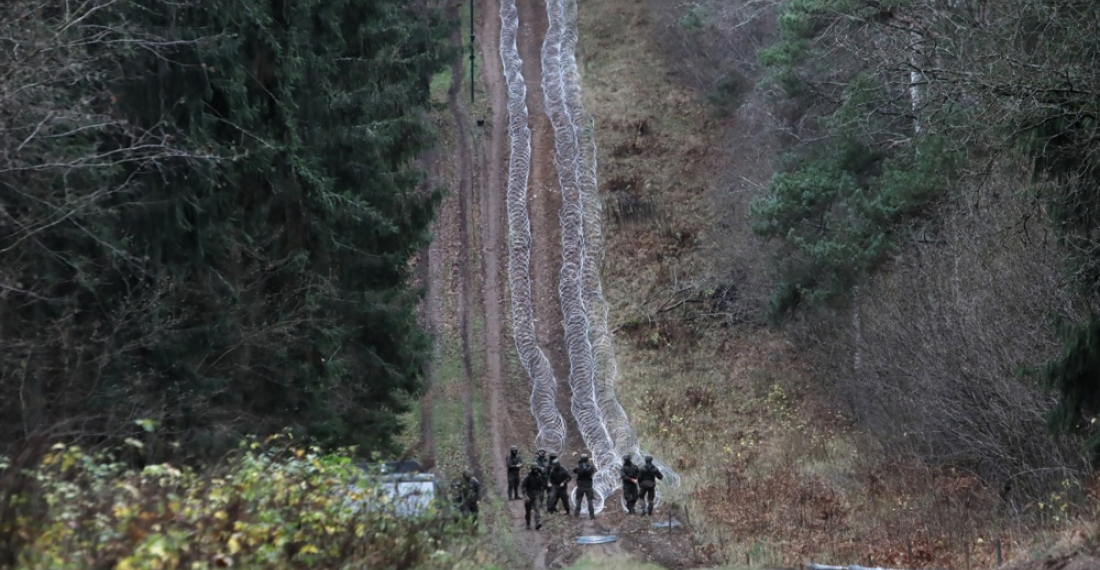Poland and the three Baltic states of Latvia, Lithuania and Estonia want to withdraw from the international treaty banning the use of anti-personnel mines. The four NATO countries say it is necessary to be able to mount an optimal defence against the growing threat of Russian aggression.
"The military threat to NATO members bordering Russia and Belarus has increased significantly," the countries said in a joint statement. This decision sends a clear message: our countries are prepared and will use all possible means to ensure our security.
The move is one of the latest signs of concern among Nato states bordering Russia about how to defend themselves against their eastern neighbour after its full-scale invasion of Ukraine in 2022.
In the 1997 Ottawa Treaty, countries agreed to ban anti-personnel landmines. The use of landmines is controversial because they are difficult and dangerous to clear in peacetime, and they often continue to kill innocent people years later. 160 countries have now signed up to the ban, although this does not include superpowers and major arms manufacturers such as the US, China and Russia.






